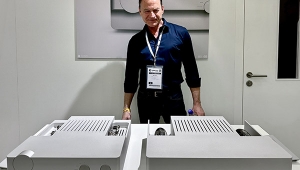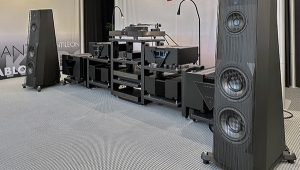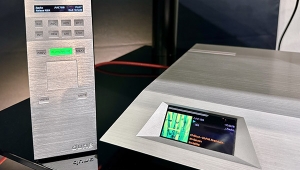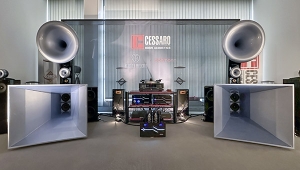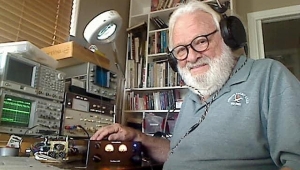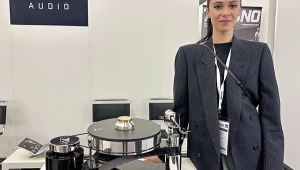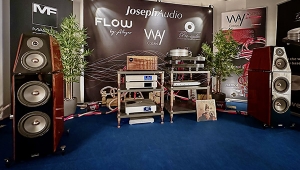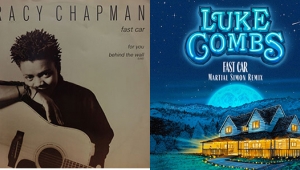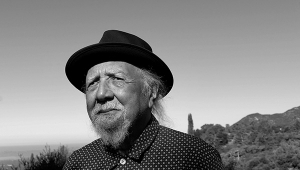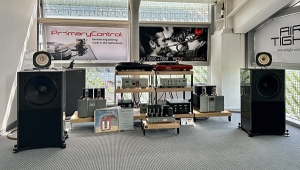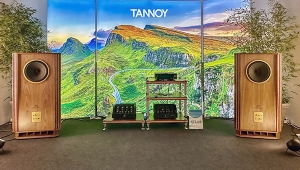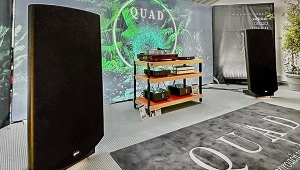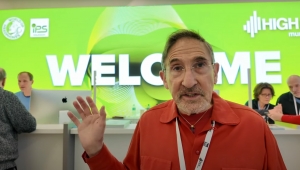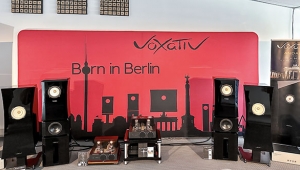| Columns Retired Columns & Blogs |
RIAA vs CEA Over DAB
The RIAA foresees that digital audio broadcasting (DAB) will represent a fundamental change in the radio industry. "It is not just a means of offering higher quality broadcast sound. DAB could transform radio into a vehicle for the distribution of huge amounts of information in digital form, including recorded music," says the trade organization. As a result, the group is supporting regulatory restraints on digital audio broadcasting (DAB) in reaction to a Federal Communications Commission (FCC) Notice of Inquiry (NOI) regarding DAB content control.
The Consumer Electronics Association (CEA) has responded by filing comments with the FCC noting that the proposed restraints "threaten to stifle innovation, chill technological progress, and deny US consumers the non-commercial recording rights upon which they have come to rely."
The CEA's Gary Shapiro suggests that the restraints are simply the latest example of the content community seeking to limit consumers' recording rights "and roll back the landmark 'Betamax' decision, which maintains that manufacturers have the right to sell a product if it is capable of any commercially significant non-infringing uses. Interfering with radio broadcasters' shift to digital broadcasting would choke off advancement and modernization. Not only is that un-American, it's totally without merit."
In a written statement, the CEA charges, "[the] RIAA fears a combination of features and functions that have been available for several years. The introduction of DAB functions will be an enhancement, not a replacement, for analog signal acquisition. The RIAA has never requested an imposition on FM broadcasting, so one must question the absurd result of imposing impairments on DAB broadcasts, but not on FM broadcasts, which are comparable in quality and received by the same device at the same time."
The RIAA states that, while it is excited about DAB's prospects, it also fears the "dangers of unprotected HD radio." The RIAA says this includes the ability to create "free libraries of thousands of CD-quality songs by 'cherry-picking' the music wanted through an automated search-function and redistributing songs over the Internet."
But this may all be a moot point, if the CEA's interpretation of the FCC's jurisdiction in the matter is correct. Regarding the threat of recording restrictions, the CEA filing notes, "In preparation for and acknowledgement of the digital age, and in full recognition of the FCC's pursuit of digital radio standards, Congress clearly and explicitly drew the line between those services that would be subject to a license, and those services—primarily, free terrestrial broadcasts—that would remain free of license. The CEA believes that Congress' decision reflects a clear judgment that further reinforces the limits on what the Commission can and cannot address.
The CEA also argues that the Commission lacks the jurisdiction to restrict DAB, pointing to the Audio Home Recording Act of 1992. "Without any evidence of harm to home recording of digital radio," says the CEA, "issues regarding digital audio content control are inappropriate for rulemaking at this critical stage of the DAB conversion process. To forestall technological innovation and deployment would wholly disserve the public interest. The CEA urges the Commission to proceed with the rapid deployment of DAB services and technologies to fully serve the interests of US consumers and industry."
However, the RIAA says that if regulations are not put in place, "Broadcasters, retailers, and on-demand download services stand to lose. "The first two groups will lose the opportunity to provide a 'buy button' to satisfy impulse purchases, and broadcasters in particular will experience a decline in audiences, as listeners have no need to tune in except to record new music. Services such as iTunes and Rhapsody could be undermined by the availability of free CD-quality music." The RIAA cites a recent poll that indicates 82% of "under 55" consumers say they would program their radio to "skip past commercials and automatically go to songs" by their favorite artists. And as with the advent of Tivo and ReplayTV, 69% of under 55 consumers say they would delay listening to radio programming until later "so they could skip the commercials."
- Log in or register to post comments
















